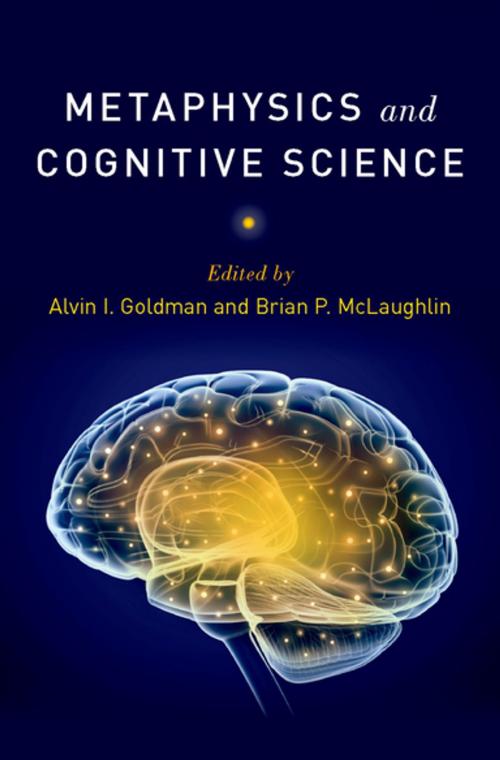Metaphysics and Cognitive Science
Nonfiction, Religion & Spirituality, Philosophy, Metaphysics, Ethics & Moral Philosophy| Author: | ISBN: | 9780190639693 | |
| Publisher: | Oxford University Press | Publication: | March 27, 2019 |
| Imprint: | Oxford University Press | Language: | English |
| Author: | |
| ISBN: | 9780190639693 |
| Publisher: | Oxford University Press |
| Publication: | March 27, 2019 |
| Imprint: | Oxford University Press |
| Language: | English |
This volume illustrates how the methodology of metaphysics can be enriched with the help of cognitive science. Few philosophers nowadays would dispute the relevance of cognitive science to the metaphysics of mind, but this volume mainly concerns the relevance of metaphysics to phenomena that are not themselves mental. The volume is thus a departure from standard analytical metaphysics. Among the issues to which results from cognitive science are brought to bear are the metaphysics of time, of morality, of meaning, of modality, of objects, and of natural kinds, as well as whether God exists. A number of chapters address the enterprise of metaphysics in general. In traditional analytical metaphysics, intuitions play a prominent role in the construction of, and assessment of theories. Cognitive science can be brought to bear on the issue of the reliability of intuitions. Some chapters point out how results from cognitive science can be deployed to debunk certain intuitions, and some point out how results can be deployed to help vindicate certain intuitions. Many metaphysicians have taken to heart the moral that physics should be taken into account in addressing certain metaphysical issues. The overarching point of the volume is that in many instances beyond the nature of the mind itself, cognitive science should also be consulted.
This volume illustrates how the methodology of metaphysics can be enriched with the help of cognitive science. Few philosophers nowadays would dispute the relevance of cognitive science to the metaphysics of mind, but this volume mainly concerns the relevance of metaphysics to phenomena that are not themselves mental. The volume is thus a departure from standard analytical metaphysics. Among the issues to which results from cognitive science are brought to bear are the metaphysics of time, of morality, of meaning, of modality, of objects, and of natural kinds, as well as whether God exists. A number of chapters address the enterprise of metaphysics in general. In traditional analytical metaphysics, intuitions play a prominent role in the construction of, and assessment of theories. Cognitive science can be brought to bear on the issue of the reliability of intuitions. Some chapters point out how results from cognitive science can be deployed to debunk certain intuitions, and some point out how results can be deployed to help vindicate certain intuitions. Many metaphysicians have taken to heart the moral that physics should be taken into account in addressing certain metaphysical issues. The overarching point of the volume is that in many instances beyond the nature of the mind itself, cognitive science should also be consulted.















